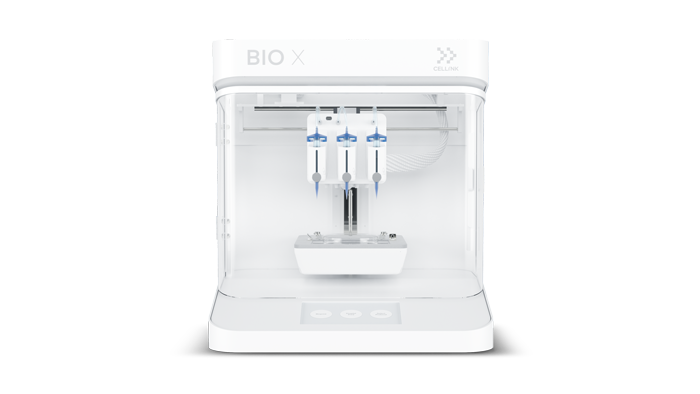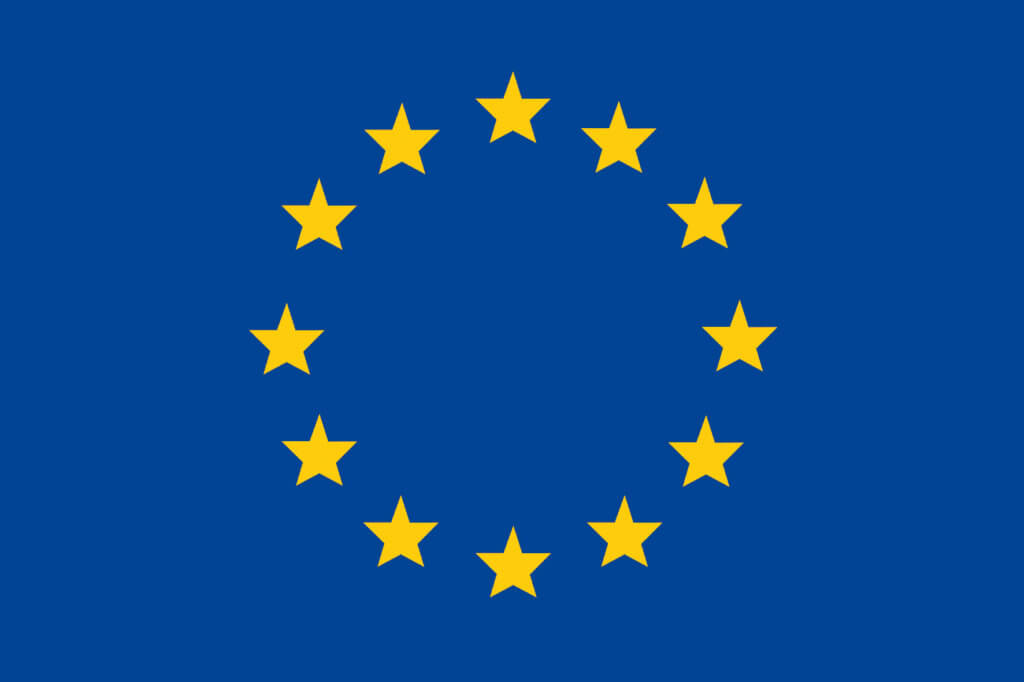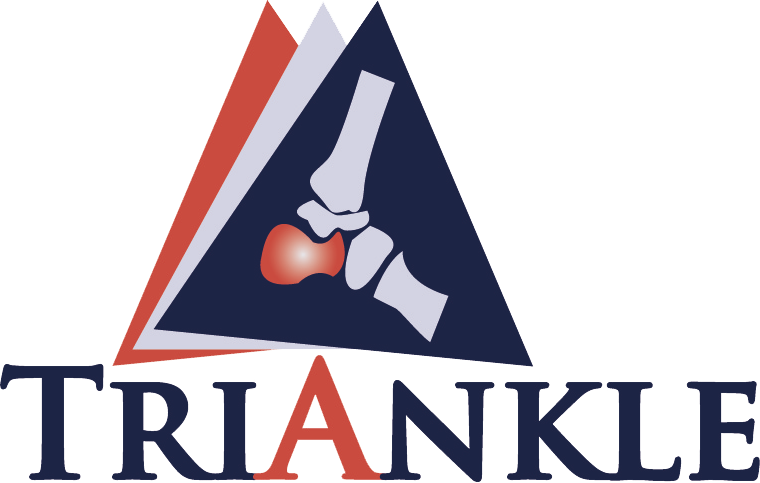Grants / TRiAnkle
TRiAnkle
With the TRiAnkle project, CELLINK and partners are exploring the 3D bioprinting of personalized scaffolds for the tissue regeneration of ankle joints.
Project Short Name:
TRiAnkle
Project Long Name:
3D Bioprinted Personalised Scaffolds for Tissue Regeneration of Ankle Joint
Project ID
952981
Project Duration
1 January 2021 – 31 December 2024
Challenge
Tendinopathies and osteoarthritis are extremely common injuries, associated with high socioeconomic and health costs, a loss of productivity and long-term rehabilitation. None of the existing surgical and non-surgical treatment alternatives have provided a successful long-term effect, and often the treated tissues do not restore their complete strength and functionality.
Project Aim
The aim of TRiAnkle is to fill this critical gap of proper treatments for a set of common injuries. TRiAnkle proposes to develop 3D bioprinted scaffolds based on collagen and gelatin, which have been functionalized with stem cells and/or nanoencapsulated regenerative factors. Surgical implantation of these functionalized biomaterials will enable the targeted delivery of the biologically active agents which promote cell growth and cell differentiation in the target area. This should enable better and faster regeneration of injured collagen-rich tissues like articular cartilage, ligament and the tendon of the ankle.
EXPECTED RESULTS
In comparison to current surgical treatments, TRiAnkle expects to enable:
- A 10-15% increase in ankle joint functionality recovery ratio, as a result of pro-regenerative components that promote the healing process while decreasing the risk of re-rupture or recidivation.
- To reduce the recovery time and thusly the associated healthcare costs with up to 50%, due to the use of scaffolds which mimic the natural structure and mechanical properties of joint tissues.
How CELLINK is contributing
CELLINK is contributing to the project in two major ways.
First, CELLINK is developing gelatin-based bioinks, which are designed for the 3D bioprinting of biodegradable and biocompatible articular cartilage scaffolds. These scaffolds are developed to have excellent cell attachment and cell proliferation, as well as regenerative factors that allow the minimization of the post-operative inflammatory response and the risk of implant rejection.
Second, CELLINK is developing our extrusion-based 3D bioprinting technology in order to enable scaffolds that mimic the biomechanical properties and structure of joint tissues such as ligaments and tendons. To develop personalized scaffolds, the manufacturing process is guided by CT, MRI and CAD/CAM software. These personalized scaffolds can through this process be tailored to each individual injury’s geometrical characteristics.
Together, these two major contributions will greatly aid the achievement of the expected results.

Partners
CELLINK, Viscofan BioEngineering, Barça Innovation Hub, OAFI, CNT, Gradocell, Fraunhofer IGB, Leitat, Fundacio Clinic per a la Recerca Biomedica, University of Stuttgart, Universidad del País Vasco, and Eindhoven University of Technology.
Results / Articles
Publication
Psychosocial and individual factors affecting Quality of Life (QoL) in patients suffering from Achilles tendinopathy: a systematic review
2022 Dec 21, BMC Musculoskeletal Disorders 23, 1114
Josep Vergas, Nina Martínez, Aina Pascual, Manel Santiña & Gil Rodas.
Video
TRIANKLE: 3D BIOPRINTING OF COLLAGEN IMPLANTS IN PATIENTS WITH TENDINOPATHIES
2023 Feb 1
Speakers: Nina Martínez, Gil Rodas.






